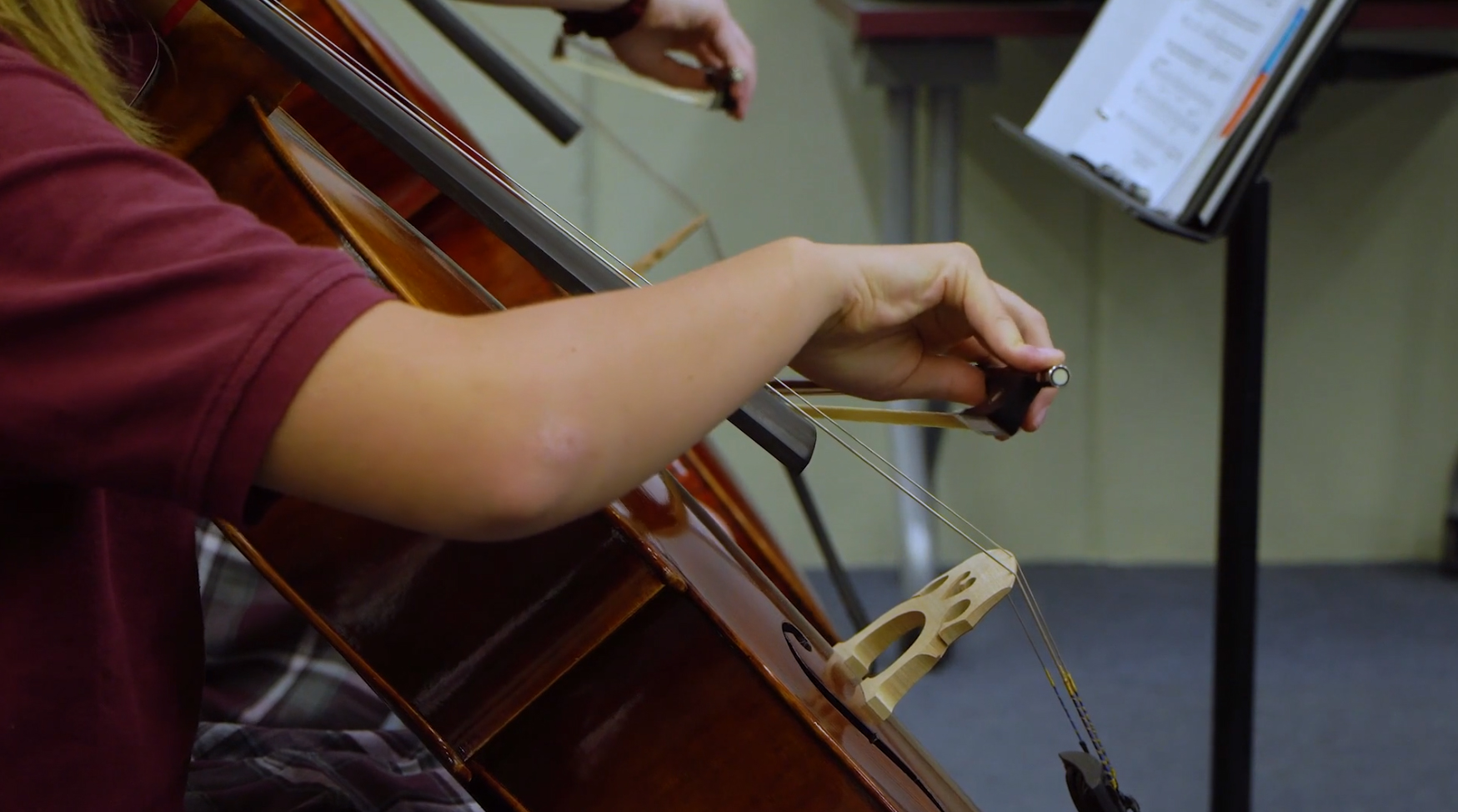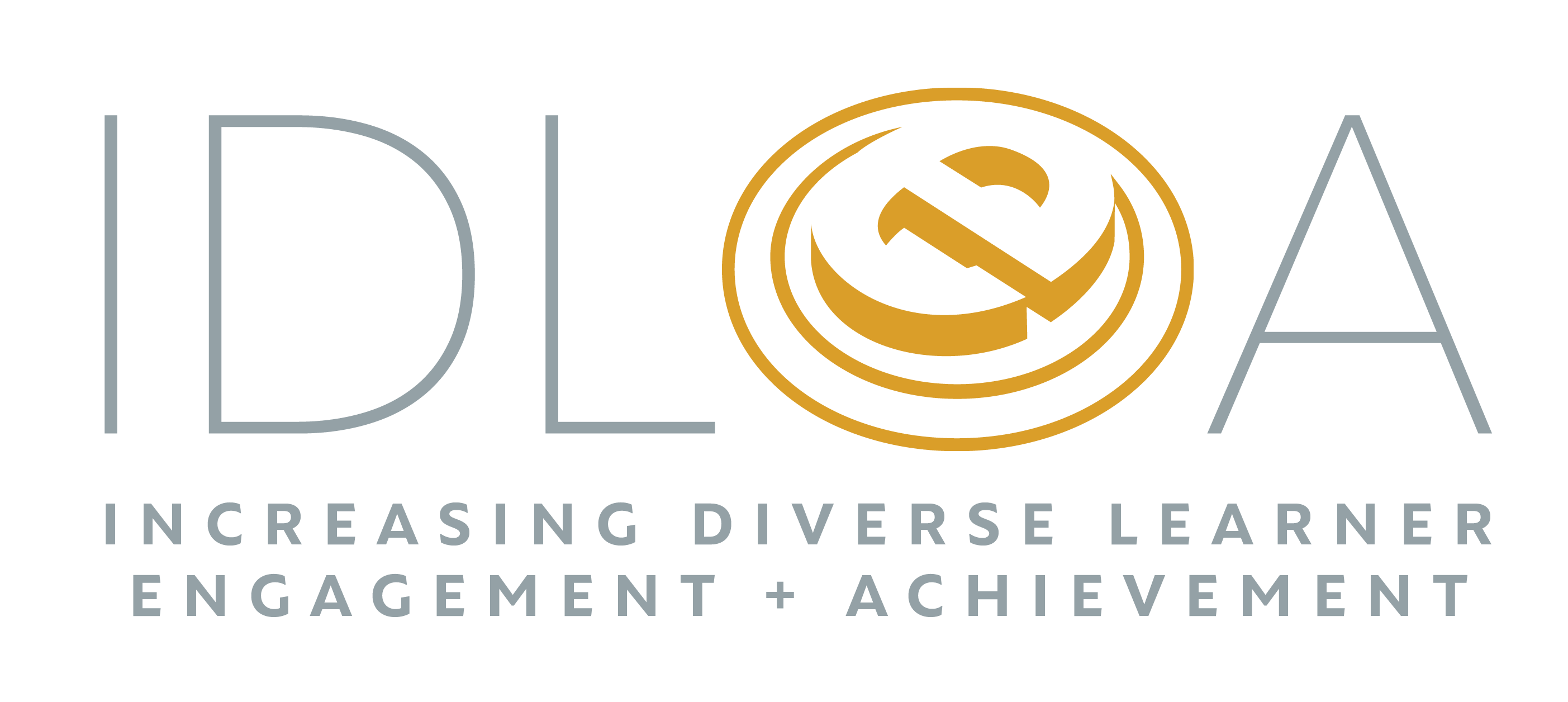“It was a good paradigm shift for us to really start thinking about, how do we reimagine teacher training to be bigger and better than it has in the past with that emphasis on the students themselves.”
—Nico Alvarado, Head of Lower School
Creating a Paradigm Shift with UDL & SEL
Established in 2009 in Colorado Springs, Thomas MacClaren serves over 900 students in grades K-12 with a liberal arts curriculum. During their exploratory phase, they discovered that while behavioral engagement was sufficient, their cognitive and emotional engagement were lower than ideal, providing an opportunity to grow.
Nico Alvarado, Head of Lower School, explains that historically, the school focused their teacher training content, curriculum, pedagogy, routines and procedures rather than on student engagement and diverse learners. “It was a good paradigm shift for us to really start thinking about, how do we reimagine teacher training to be bigger and better than it has in the past with that emphasis on the students themselves,” said Nico.
The shift comes at a time when Thomas MacClaren has seen IEP and ELL caseloads increase by 150% and 135% respectively since moving to their new location in 2017-18. This was by design, explains Nico, as the school aimed to fulfill its mission that all children deserve access to a beautiful, rigorous education and that all students can do it. However, it was clear teachers needed additional training to sustain and support that charge.
As a result, Thomas MacLaren settled on the Universal Design for Learning (UDL) framework. Their hope is that by increasing students’ cognitive and emotional engagement, they can better fulfill their mission of developing young people who are agents of their own education, removing barriers and allowing them to become more and more independent. In addition, it can equip teachers to be successful in supporting the exceptional learners.
“So often kids are just walking wide-eyed through the world waiting for an adult to tell them what to do,” says Nico. “We were thinking hard about what does it looks like down the line when a seven-year-old can say, ‘I came in today and my goal was to learn this and I learned it, and my goal was to learn this other thing and I struggled with it, but I had this loving adult who was equipped and empowered to really help me over time to recognize I didn’t learn what I set out to learn and help me have a plan to do that.’”
Separating the goal from the activity, reinforcing it across the lesson, assessing whether students understand that goal, and bringing in the right classroom materials to align with learning goals helped them get there. Ultimately, explains Nico, they want students to be able to do what they set out to learn, and for teachers to get at least 80% of their kids demonstrating that they know it.
While there was initially a hump for some staff to get over in terms of workload versus benefit, most of his team was encouraged and excited to be given more tools to support their students. Says Nico, “It’s been really exciting and gratifying for us to have these new opportunities and trying to do it slowly, implementing what we can in manageable, incremental bites so it’s not this massive initiative that’s being put on the teachers all at once.”
As educators, Nico’s staff understands from the science that there is no such thing as a kinesthetic learner, an auditory learner or a visual learner. Everybody needs to learn in a different way. What UDL has allowed them to do, says Nico, “is go through and very intentionally reduce those barriers and provide access for all of our students.” He adds, “We're not trying to change what we're doing, we're trying to do what we're doing better, and make it more accessible for our students.”
If Thomas MacLaren is majoring in UDL, it’s minor is SEL. Nico explains that they had longed to implement a social emotional learning (SEL) curriculum but struggled with finding one to teach. The RISE grant provided them an opportunity to dig in, find the right fit for their school and commit. They landed on a program called Caring School Community which is both proactive and reactive. Though it was a challenge to find time to fit it into the schedule, they have implemented it during their morning and end-of-day circle times in each class.
“I think that teachers have really seen the value of a really thoughtful, community building, way of getting the class together and building the classroom culture and building those social and emotional skills that all kids so desperately need and particularly need at this very difficult time in the life of the world,” says Nico.
Long-term, Nico is optimistic the small kinks of implementation are working out as his team delves deeper and sees the merits and value of the whole process. “I think the big success has been the broader shift for us as a school to be able to say, if we really do want to serve a genuinely representative population of Colorado Springs, we need the tools to do that. The rise grant and UDL principles and SEL program have all been invaluable in helping us to really live out that commitment,” he says.

School Toolkit
- Graphic Organizers Plan
- Graphic Organizer: Hierarchy
- Graphic Organizer: Sequence 1
- Graphic Organizer: Sequence 2
- Graphic Organizer: T Chart
- Graphic Organizer: Timeline Comparative (with lines)
- Graphic Organizer: Timeline Comparative (no lines)
- Graphic Organizer: Timeline (with lines)
- Graphic Organizer: Timeline (no lines)
- Graphic Organizer: Venn Diagram (2 circles)
- Graphic Organizer: Venn Diagram (3 circles)
- Graphic Organizer: Whole & 3 Parts Circle
- Graphic Organizer: Whole & 4 Parts Quadrants
- Graphic Organizer: Wh0le & 5 Parts Circle
- Intro to UDL
- Lesson Planning Checklist
- Implementation Plan
- Implementation Presentation
- Thinking About Assessment
- Thinking About Teaching to the Edges
- Teaching to the Edges Presentation
- UDL Training Notes

